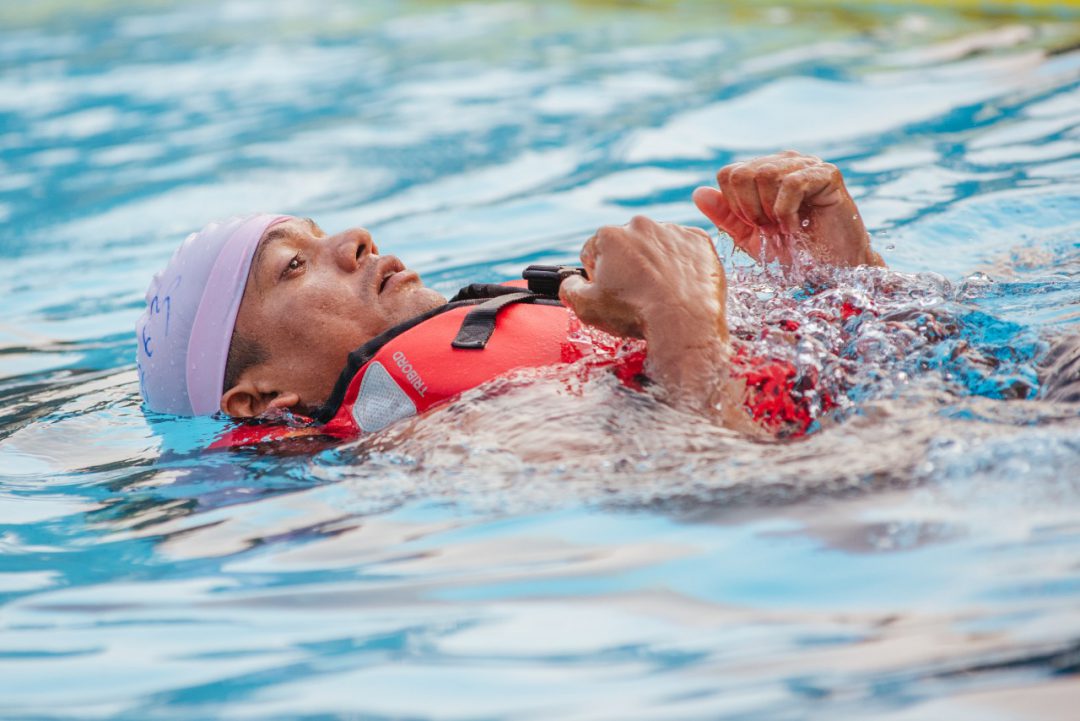New Delhi: In a momentous decision, the Union Cabinet, under the leadership of Prime Minister Shri Narendra Modi, today gave its approval to the National Sports Policy (NSP) 2025. This comprehensive new policy is set to supersede the existing National Sports Policy of 2001, charting an ambitious course to establish India as a formidable global sporting power and a strong contender for excellence at major international events, including the 2036 Olympic Games.
The NSP 2025 is the culmination of extensive consultations with a wide array of stakeholders, including Central Ministries, NITI Aayog, State Governments, National Sports Federations (NSFs), athletes, domain experts, and the general public. The policy is built upon five pivotal pillars designed to foster holistic growth and development across the Indian sporting ecosystem.
The first pillar, “Excellence on the Global Stage,” aims to strengthen sports programs from grassroots to elite levels, with a focus on early talent identification and nurturing. It emphasizes the development of competitive leagues, robust sports infrastructure in both urban and rural areas, and world-class systems for training, coaching, and comprehensive athlete support. This pillar also seeks to enhance the capacity and governance of National Sports Federations and promote the integration of sports science, medicine, and technology to optimize athletic performance, alongside training and development of sports personnel.
“Sports for Economic Development,” the second pillar, acknowledges the significant economic potential of sports. It seeks to boost sports tourism, attract major international events to India, strengthen the domestic sports manufacturing ecosystem, and foster startups and entrepreneurship within the sector. The policy also encourages greater private sector participation through Public-Private Partnerships (PPPs), Corporate Social Responsibility (CSR) initiatives, and innovative funding models.
The third pillar, “Sports for Social Development,” highlights the crucial role of sports in driving social inclusion. This includes promoting participation among women, economically weaker sections, tribal communities, and persons with disabilities through targeted programs. The policy also aims to revitalize indigenous and traditional games, position sports as a viable career option by integrating it into education, encourage volunteering, and facilitate dual-career pathways. Furthermore, it seeks to engage the Indian diaspora through various sporting initiatives.
Making sports a true “People’s Movement” is the focus of the fourth pillar. This involves driving mass participation and cultivating a culture of fitness through nationwide campaigns and community-based events. The policy also plans to launch fitness indices for schools, colleges, and workplaces, and to enhance universal access to sports facilities across the country.
Finally, “Integration with Education (NEP 2020)” forms the fifth pillar, aligning the NSP 2025 with the National Education Policy 2020. This proposes the integration of sports into school curricula and equipping educators and physical education teachers with specialized training to promote sports education and awareness from an early age.
To achieve its ambitious objectives, the NSP 2025 lays down a comprehensive strategic framework. This includes establishing a robust regulatory and legal framework for sports governance, developing innovative financing mechanisms with significant private sector involvement, and leveraging emerging technologies like AI and data analytics for performance tracking and program implementation. A National Monitoring Framework with well-defined benchmarks, Key Performance Indicators (KPIs), and time-bound targets will oversee implementation. The policy will also serve as a model for States and Union Territories to align their own policies, and it calls for a “Whole-of-Government Approach” to integrate sports promotion across all ministries and departments for a truly holistic impact. The National Sports Policy 2025 represents a transformative step, poised to foster a healthier, more engaged, and empowered citizenry while propelling India to the forefront of global sports.


